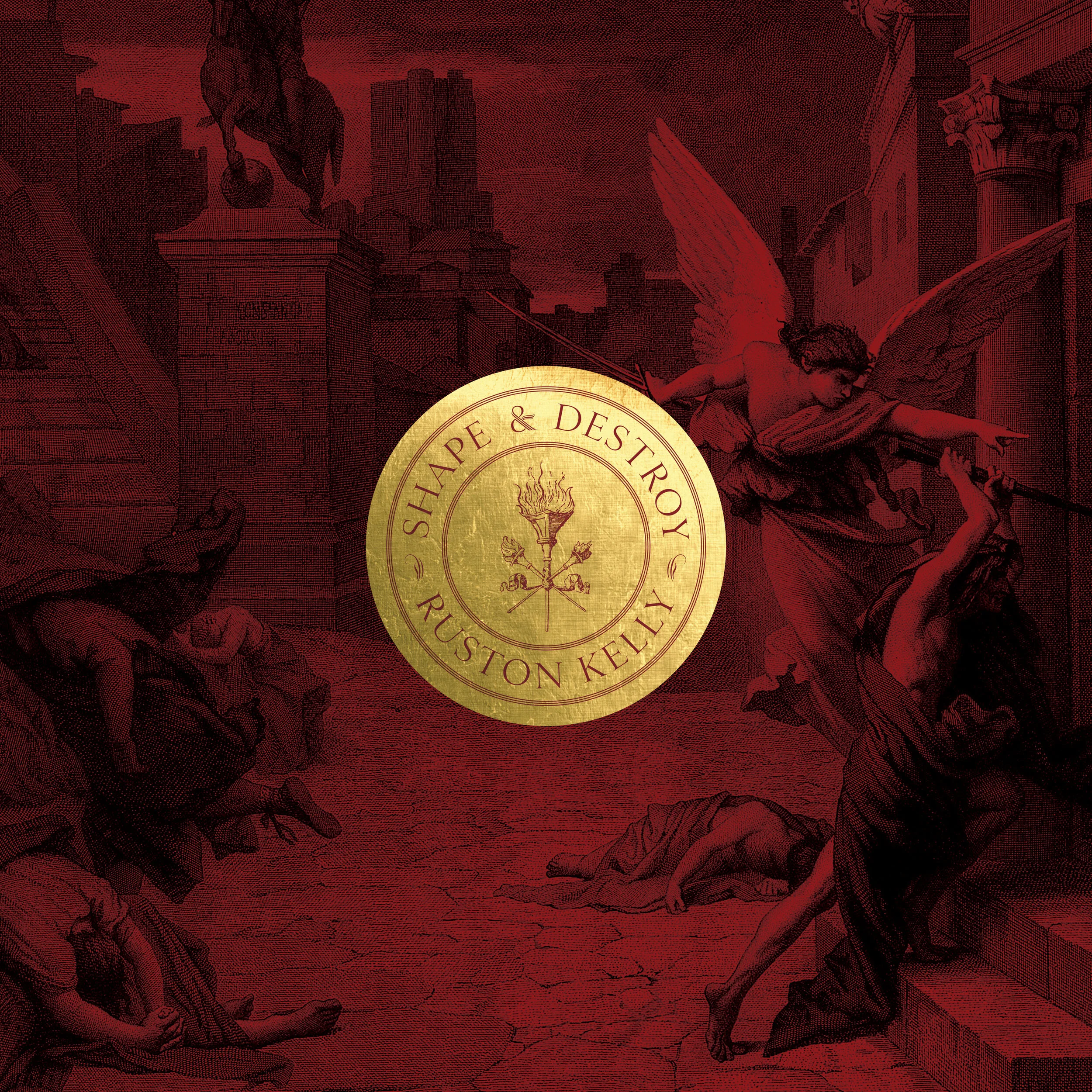Graber Gryass: Late Bloom- A Review and Interview
Writers, authors and artists come in a million varieties. Some are born with a desire to document, some are forced through reflection of circumstance, some are young and naive who try to paint the world before they’ve seen it. Michael Graber has lived a life, I’m sure he’d tell you, and you can listen to Late Bloom and he will, but that’s the beauty of an album like Late Bloom. You don’t have to wade through pretense of someone getting philosophical about made up problems, telling grand stories of a life not lived. Late Bloom which was released on 10/30/20 is full of stories about a life lived, problems solved, problems that have failed to be solved, dreams that made it, dreams that may still make it and dreams that didn’t. I had the chance to talk to Michael about the record, a little about life, and after having the chance to ask some questions, I feel a little more connected to a record that I found striking. As a child of deep rural Appalachia, I have a pull to traditional folk and Bluegrass. If you have a love of jam band music or ‘grass, this is for you.
“This album really is symbolic of my whole existence. I like to think it’s a message for other people, too,” he says. “You look at a lot of the great novelists. They don’t publish their first novel until their 40s or 50s. This is the first record of all originals under my name. I just turned 50. It’s a real celebration of flourishing.” - Graber
The album opens with “Drifting Away,” which is one part playful, one part misfit story telling, but it’s all mixed with a fiddle line and vocal melody that grab your attention and keep you falling forward in all the right ways. Which brings you directly into “Devil’s Got Your Name,” which is a lamentation style that begs you to pick up a drink and wail along.
This takes you to a pair of songs on the album in “Fool Living Wrong” and “More To Lose,” that tell the story, as a pair of songs, of a failing love affair and the consequences that come from that failing. It’s written in a way that mixes self loathing with longing, written in a way that only someone who’s survived those tales could spin.
Later down the track list we have “When The Water’s This Low,” which is a classic ballad that feels like it could fit in a traditional set list of songs that are intended to give you a pause, maybe even cause a little discomfort in that way that only a great song can. It's a song about a dry copperhead summer, and anxiety that feels like a cautionary tale, and a fever dream rolled into one.
This Tennessean take on folky bluegrass breeds intensity, enjoyment, and a great album that is equal parts intense storytelling, and fun light hearted smile moments, like the late track “Marijuana,” which moves along to talk about hemp and how sometimes, you just need to balance hard living with a good buzz.
In an album recorded over two days, that gives this a surprisingly live feel, it’s fun to hear a group of extremely talented musicians get together and put together an album that’s enjoyable from pillar to post. If you’re into new grass, bluegrass, folk, jam band style music, or just want to dive into something that will lift your spirits and make you think all in the same stretch of time, give Graber Gryass’ Late Bloom your attention. You won’t be disappointed. I know I wasn’t! As Graber said when we spoke, “Late Bloom is a celebration of creativity, family, friendship, love, and the experience of being human on this planet.“
Interview:
1) In a world that has started to really embrace traditional music more on the backs of folks like Sturgill Simpson and Tyler Childers do you feel like it's easier to find a place for Bluegrass?
Great question. I don’t know. I’m not approaching the release strategically from a market-timing perspective. I just needed to get it out of my system. Yet, there seems to be a decade-long cycle that brings bluegrass in and out of the mainstream. This phase is Simpson and Childers. The last cycle was Merle Haggard doing a bluegrass LP at the same time that John Prine recorded one with Mac Wiseman. The cycle before had Steve Earle’s bluegrass album and the wild success of O, Brother... Meanwhile, there has been a grassroots and growing jamgrass scene that never withers, as well as an always thriving traditional bluegrass scene. We are fortunate to always have had a loyal audience.
2) Storytelling is obviously important to you, if you had to point to one novel everyone should read, what would it be? Bonus points for why!
How about a Novella? The Death of Ivan Ilyich. This short book asks all of the big questions about life, death, and the meaning of love without being either didactic or pedantic.
3) Traditional Desert Island with a twist. You have a platform and you can buy everyone a copy of one album, and they'll listen to it front to back, what is that album?
The compilation Stardust and Much More by Hoagy Carmichael. You know you are a master Songwriter/Performer if they name a sandwich after you.
4) Growing up finding solace in music and having access to an unlimited palette, why stick with Bluegrass?
Our first album, Late Bloom, stays in the confines of new grass, but we added some different elements: all original songs and different instruments (bouzouki, harmonium, 12-string guitar). Our second album, Spaceman’s Wonderbox*, recorded in the same two-day session at Royal Studios, is much more exploratory. We’re generally wide open as a band, but we wanted to present a boundary in the first record that we can spend the rest of our lives pushing further.
*Due out late Spring 2021 TBA.
5) How important is it to you that people identify with your storytelling? Are you telling a story for the audience or yourself and we just get to ride along?
Poetic evocation is more important to me than storytelling. We are trying to evoke a feeling in the listener. Tone, story, imagery, instrumentation—these are the tools. Even with the stories we try to go deeper than words alone, which is why we sing and play—to reach places inside of people stories alone cannot reach.
6) This album moves and feels really good to listen to, but has some darker imagery. How do you decide how to juxtapose heavier lyrics with a traditionally light and moving class of music?
Bluegrass is an elegiac type of music, harkening back to a different time when humans lived closer to the earth and the pressures of industrialization were disrupting farm life—and there have always been murder ballads, snake attacks, etc. in the genre. Now, in the post-industrial world, we can only reconnect to the power of the earth by being fearless, facing our darkness, and coming out of the other side of the journey. We hope our music gives expression to human longing, which, weirdly, helps heal us.
7) I like to give everyone a free question. Tell me what I need to know about Late Bloom I may have missed on the first listen?
Humans, as creatures from this planet, are capable of increasing their creativity their whole life. Late Bloom is a celebration of creativity, family, friendship, love, and the experience of being human on this planet.
Find out more about Graber Gryass here:







